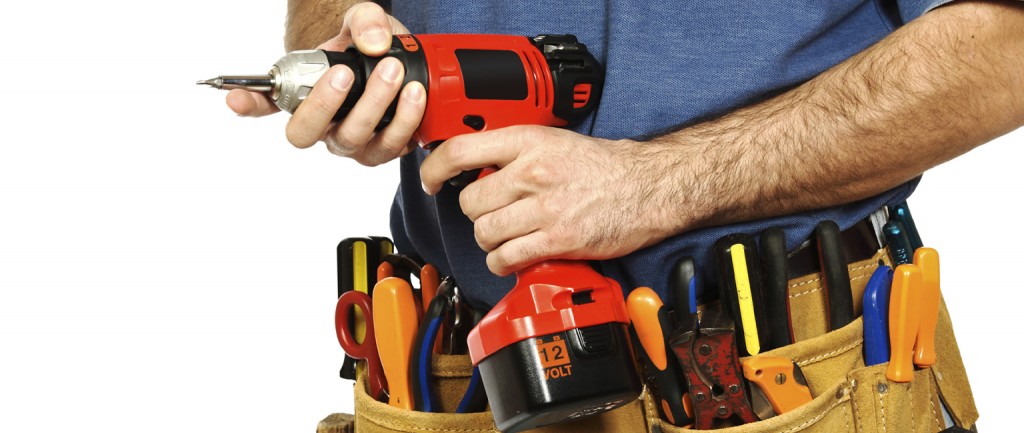Tax tips: what you can claim for your small business

At tax time, you can claim for most expenses incurred in running your small business. But, as with most things, the devil is in the detail.
Here is a brief guide to what you might be able to claim and when. According to the ATO, in general you can claim for things that are directly related to earning your assessable income. Private expenses, such as childcare, cannot be claimed.
How much you can claim, what you can claim and when you can claim it depends on the assets purchased. Working expenses can usually be claimed in the year they occur whereas capital expenses can be claimed over time.
Working expenses
Working and operating expenses (such as wages, printing paper, pens etc) can be claimed in the year you incur them. These are called revenue expenses. Examples of claims that can be made in the year incurred include:
- Advertising expenses
- Wages, bonuses or allowances
- Business operating expenses
- Business travel expenses
- Repairs and maintenance costs
- Parking fees
Capital expenses
Capital expenses such as computers, cars and large equipment are assets that have a longer life than a year and must be claimed over time. You can’t claim the total cost of an asset in the first year, instead you can claim the depreciation in value of the asset over time.
Examples of capital expense assets that can be claimed over time include:
- Computers, printers and other equipment
- Motor vehicles
- Furniture, carpets and curtains
- Electrical tools
- Plant and equipment
It is worth noting that if you are a small business and the asset cost less than $6500 you can claim the full amount in the year you incurred the expense.
Owning a commercial property
If you own a commercial property that you lease to a tenant you must include your rental income in your tax assessment.
However, you could be able to claim income tax deductions for any maintenance and ownership costs incurred in that year as well as loan interest.
If you buy a commercial property you may be able to claim a credit for the GST included in the purchase price.
If you sell your commercial property you will probably be liable for capital gains tax, unless you are eligible for reductions. See here for some capital gains tax tips.
Read more:
Commercial Property Loans
Business Loans Guides
Commercial Property Investment Loans
Leasing a commercial property
If you leased a commercial property from which to run your business, you can claim your rent as a tax deduction. You may also be able to claim GST credits for the GST included in the rent you pay.
The information in this article is for general interest and is not intended as advice. For more information see the Australian Taxation Office (ATO) website or speak to your accountant.







